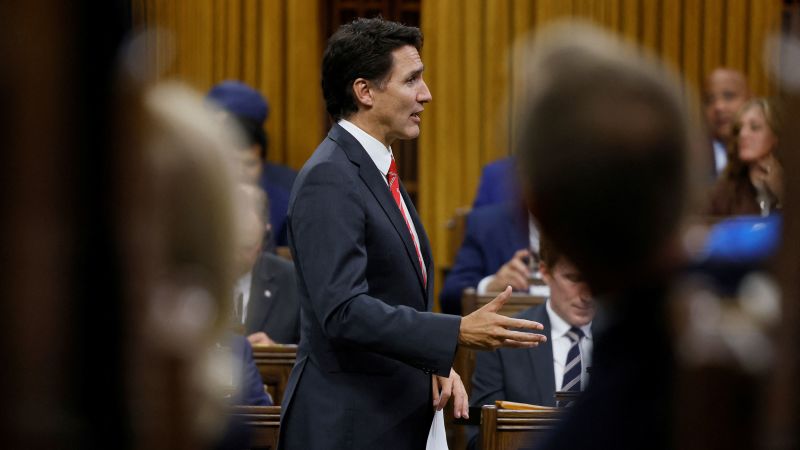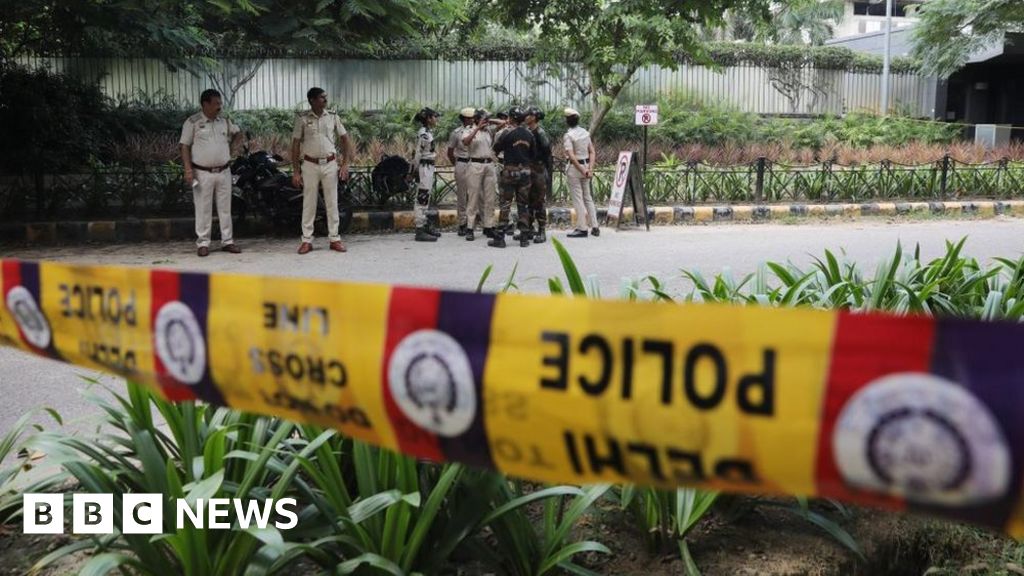The killing of Sikh separatist leader Hardeep Singh Nijjar in Canada earlier this year has ignited a diplomatic dispute between India and Canada, leading to the expulsion of diplomats from both countries. The incident has projected a focus on the complicated issue of Sikh separatism and its suggestions for global relations.

Also Read: US-Iran Prisoner Swap: US Citizens Freed in $6 Billion Deal
Hardeep Singh Nijjar, a 45-year-old Sikh activist, was shot dead on June 18 in Surrey, British Columbia, Canada. He had been a noticeable supporter for the interest of a Sikh country in India’s northern province of Punjab, a district with a huge Sikh populaation.
Nijjar’s advocacy for an independent Sikh nation was a source of tension between him and the Indian government, which had designated him as a “terrorist” three years prior to his assassination.
At the time of his death, Nijjar was reportedly organizing an unofficial referendum in India to gauge support for an independent Sikh nation.
Canadian Prime Minister Justin Trudeau offered a critical statement in parliament, suggesting that there were “credible allegations” connecting the Indian government to Nijjar’s assassination.
Trudeau emphasized that any foreign government’s involvement in the killing of a Canadian citizen represented an “unacceptable violation of our sovereignty.” This assertion by the Canadian leader triggered a series of events that escalated tensions between the two nations.
Because of Canada’s charges, the Indian government fervently denied any contribution in Nijjar’s killing, dismissing the cases as “ridiculous” and politically roused.
Also Read: Alibaba to Invest $2 Billion in Turkey, Via Trendyol Platform
India blamed Canada for protecting Khalistani activists urged the Canadian government to take action against anti-India groups operating within its territory.
The Indian Ministry of External Affairs labeled the allegations as “unsubstantiated” and suggested they were intended to divert attention away from Khalistani terrorists and extremists seeking refuge in Canada.
The diplomatic standoff intensified when both countries decided to expel each other’s diplomats. Canada expelled a top Indian diplomat, while India expelled a senior Canadian diplomat based in India.
These actions reflected the growing concern of both governments over foreign interference and involvement in their internal matters. The tit-for-tat expulsions marked a significant deterioration in bilateral relations.
To comprehend the foundations of this conflict, it is fundamental to investigate the Sikh separatist movement, commonly known as the Khalistan movement.
Sikhism is a minority religion in India, but Sikhs constitute a substantial portion of the population in Punjab, the religion’s heartland. The demand for Khalistan, a different Sikh state, arose following India’s freedom in 1947, further powered by the violent partition of the country along religious lines.
Also Read: Skyscraper in Khartoum Catches Fires Amid Sudan Conflict
The movement gained momentum in the 1980s as an armed rebellion, leading to a decade-long violent conflict that resulted in thousands of casualties.
Quite possibly of the main occasion throughout the entire existence of the Sikh separatist movement was the Indian government’s military operation on the Golden Temple in Amritsar in 1984.
The operation aimed to flush out Sikh separatists who had taken refuge in the temple. While official figures cite around 400 deaths, Sikh groups claim the number is much higher.
The operation also led to the assassination of Prime Minister Indira Gandhi by her Sikh bodyguards, triggering anti-Sikh riots across northern India, resulting in the deaths of thousands of Sikhs.
Today, the Khalistan movement is not as active as it was in the 1980s. While the movement has supporters in Punjab and among the Sikh diaspora in countries like Canada, the UK, and the United States, it lacks the same level of violent insurgency seen in the past.
The Indian government has been proactive in pursuing Sikh separatists and has intensified its efforts to suppress the movement. However, some argue that the government’s focus on suppressing Khalistan support has been counterproductive.
Also Read: Iraq’s Kurdish Airport Hit by Deadly Drone Attack, 6 Killed




/cloudfront-us-east-2.images.arcpublishing.com/reuters/5VMNW2X2WNJ4XJCRORNIR7RY5U.jpg)
















